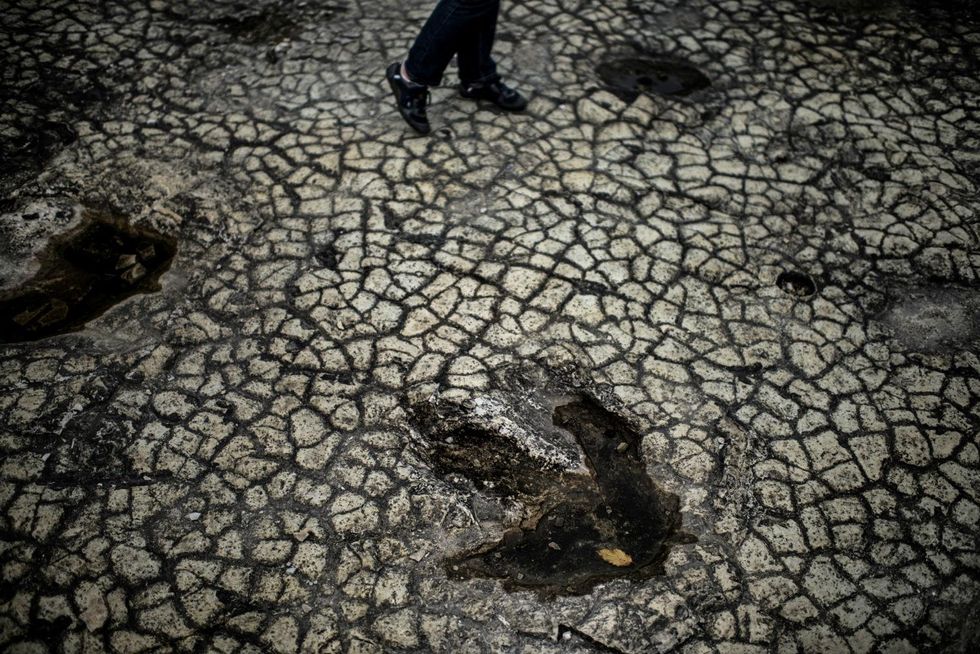Science & Tech

It is the bad news that nobody wants to hear: we are entering a mass extinction of species which threatens the very existence of the human race.
That is the conclusion of a study by scientists at Stanford University, who have called for urgent action to conserve species at risk of dying out, and the protection of wildlife populations and their habitats.
Professor Paul Ehrlich, a senior fellow at the Stanford Woods Institute for the Environment in California, and his co-authors said there was a window of opportunity within which humans could protect threatened species, but it was rapidly closing.
"[The study] shows without any significant doubt that we are now entering the sixth great mass extinction event," Prof Ehrlich said.
The "spectre of extinction" now hangs over about 41 per cent of all amphibian species and 26 per cent of all mammals.
Scientists agree that extinction rates are at levels not seen since the dinosaurs died out 66 million years ago. Another new study, published in the journal Science Advances, shows that even with extremely conservative estimates, species are disappearing up to 100 times faster than the normal rate between mass extinctions.
"If it is allowed to continue, life would take many millions of years to recover, and our species itself would likely disappear early on," said co-author Gerardo Ceballos, of the Universidad Autónoma de México.
The researchers compared a highly conservative estimate of current extinctions with an estimated "background rate" of losses twice as high as those widely used in earlier analyses. The study concludes that we are now facing "a global spasm of biodiversity loss".
"We emphasise that our calculations very likely underestimate the severity of the extinction crisis, because our aim was to place a realistic lower bound on humanity's impact on biodiversity," the researchers write.
A growing human population is labelled as responsible for destroying natural habitats, leading to loss of species. Activities that have sped up the loss of biodiversity include land clearing for farming, logging or settlement, the introduction of invasive species to new areas, rising carbon emissions and ocean acidification. Toxin caused by human development also alter and poison natural ecosystems.
There are examples of species all over the world that are essentially the walking dead.
- Professor Paul Ehrlich
As species disappear, other ecosystems important to human life – including honeybees' crop pollination and wetlands' water purification – are at risk. At the current rate of species loss, people will lose many biodiversity benefits within three generations, the study's authors write.
"We are sawing off the limb that we are sitting on," Prof Ehrlich added.
Despite the gloomy outlook, there is some hope for the future according to Prof Ehrlich and his colleagues:
Avoiding a true sixth mass extinction will require rapid, greatly intensified efforts to conserve already threatened species, and to alleviate pressures on their populations – notably habitat loss, over-exploitation for economic gain and climate change.
More: [Climate change scientist Jason Box - We're f**d**]1
More: [How sure are we that humans cause climate change? 99.999 per cent sure]2
More: [Republican senator denies humans caused climate change, cites Bible]3
More: [These are the countries most at risk from a climate change 'apocalypse']4
Top 100
The Conversation (0)














